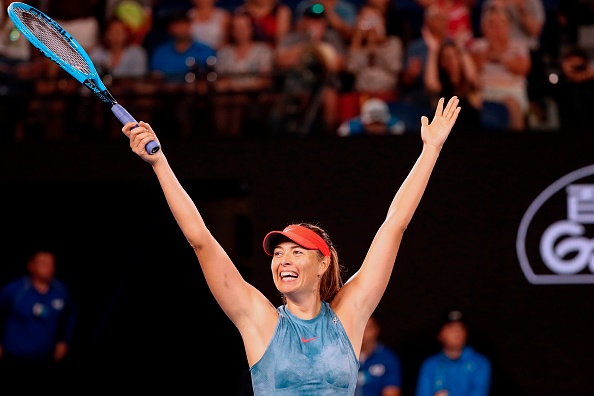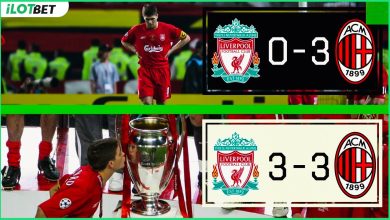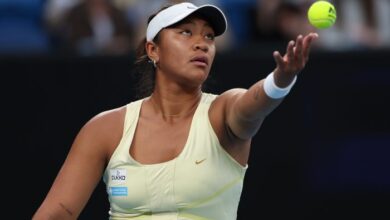Maria Sharapova retires from Tennis at 32

Maria Sharapova has announced her retirement from professional tennis at the age of 32.
A five-time grand slam champion, Sharapova has struggled with injuries in recent years while she also served a 15-month ban after testing positive for meldonium at the 2016 Australian Open.
Announcing her decision to step away from the game in Vogue and Vanity Fair, she wrote: “How do you leave behind the only life you’ve ever known?
“How do you walk away from the courts you’ve trained on since you were a little girl, the game that you love — one which brought you untold tears and unspeakable joys — a sport where you found a family, along with fans who rallied behind you for more than 28 years?
“I’m new to this, so please forgive me. Tennis — I’m saying goodbye.”
Sharapova finishes her career at 373 in the WTA rankings but spent much of her time on the circuit challenging for the game’s biggest prizes.
Having moved from Russia to Florida aged six to pursue a tennis career, Sharapova’s star continued to rise and, having turned pro in 2001, she made her first appearance at a Tour level event in 2002.
A year later she won her first WTA title at the Japan Open and her first grand slam success arrived aged 17 at Wimbledon in 2004.
By then she was well established as the pin-up girl of women’s tennis and one of the most marketable athletes in the world.
Four more grand slam successes followed.
Sharapova, who ends her career with 36 WTA titles, wrote: “Wimbledon seemed like a good place to start. I was a naive 17-year-old, still collecting stamps, and didn’t understand the magnitude of my victory until I was older — and I’m glad I didn’t.
“My edge, though, was never about feeling superior to other players. It was about feeling like I was on the verge of falling off a cliff — which is why I constantly returned to the court to figure out how to keep climbing.
“The US Open showed me how to overcome distractions and expectations. If you couldn’t handle the commotion of New York – well, the airport was almost next door.
“The Australian Open took me to a place that had never been a part of me before – to an extreme confidence that some people call being ‘in the zone’. I really can’t explain it – but it was a good place to be.
“The clay at the French Open exposed virtually all my weaknesses – for starters, my inability to slide on it – and forced me to overcome them. Twice. That felt good.”
Her second success at Roland Garros came in 2014 but, by then, injuries were starting to take their toll and the last of her 10 appearances in a grand slam final ended in defeat to Serena Williams at the 2015 Australian Open.
The announcement she had failed the test for meldonium – a drug developed for heart patients that Sharapova claimed she took due to a magnesium deficiency and a family history of diabetes – not only did irreparable damage to her image but also ended her status as a serious contender.
Sharapova protested her innocence and saw the initial two-year suspension reduced on appeal but her results since returning have been largely underwhelming.
She did reach the semi-finals of her comeback event, the Stuttgart Grand Prix, in April 2017 but her sole success was in a minor WTA International tournament in Tianjin.
Her final match was at the 2020 Australian Open, a 6-3 6-4 first-round defeat to Donna Vekic.
Reports suggest she has earned over $30million in endorsements over the course of her career while she owns her own sweet brand – Sugarpova.
And it is those business interests she will now focus her time on.
She concluded: “In giving my life to tennis, tennis gave me a life. I’ll miss it every day.
“I’ll miss the training and my daily routine: Waking up at dawn, lacing my left shoe before my right, and closing the court’s gate before I hit my first ball of the day.
“I’ll miss my team, my coaches. I’ll miss the moments sitting with my father on the practice court bench. The handshakes — win or lose — and the athletes, whether they knew it or not, who pushed me to be my best.
“Tennis showed me the world — and it showed me what I was made of. It’s how I tested myself and how I measured my growth.
“And so in whatever I might choose for my next chapter, my next mountain, I’ll still be pushing. I’ll still be climbing. I’ll still be growing.”






